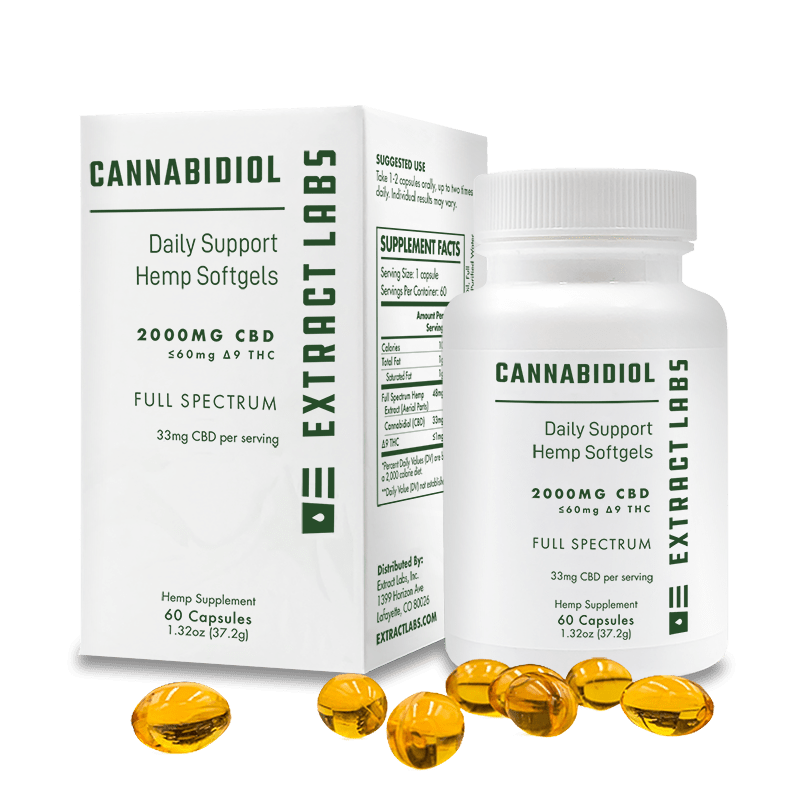
The new way to get cannabis is becoming increasingly popular with dab pens. They are portable, discreet, and easy to use. They also provide a more potent high than smoking cannabis. They can be dangerous, however, if used incorrectly. Here are some of the dangers associated with using dab pens:
What is Pen Smoking, you ask?
A dab pen is an electronic device that holds concentrated cannabis called dab weed. These pens are usually small and resemble vape pen.
These are safe ways to consume cannabis. However, you should only purchase them from a trusted source. Illicit dab pen oils, cartridges and other cannabis products can contain chemicals that could pose serious health risks.
These cartridges contain significantly more THC than regular marijuana. This can increase a person's tolerance and make them more likely to abuse the drug.

Dangerous Oil Additives in Vape Pens
Propylene glycol (and polyethelyne) are the most dangerous ingredients found in hash-oil vape pens. These additives can cause lung infections and asthma. Additionally, when heated at high temperatures these additives can become carcinogens.
These chemicals can cause allergies and asthma, as well as irritation of the eyes and airways. They can also cause nausea, vomiting, and other symptoms.
Pen Safe
If you're buying a vape pen, check the label and make sure it says that it's made of stainless steel or titanium. Safety warnings should also be provided that warn you about short-circuiting of heating coils.
You should avoid vaporizers with plastics within close proximity to the heating elements. Intentionally touching the heating element can cause burns, cut, and other injuries.
No matter whether you're using wax, rosin or budder pens, it is vital to be extra careful with your equipment. Regularly wipe down your vape pen heating coils using a qtip with isopropyl alcohol.

Are Oil Pens Safe?
It is crucial to select the right oil for your use in order to make sure your vaping device stays safe. It depends on your personal preferences as well as the kind of concentrate or bud that you're using. But in general, the ideal temperature for vaporizing cannabis is around 330F (165C).
The preservation of terpenes/cannabinoids is more likely at lower temperatures. This means that your hit will have a greater flavor.
How to Use a Dab Pen
The best option for those who want to feel the effects of marijuana without having to worry about being labelled as stoners is the dab pen. These pens are also great for people who don't smoke or have limited mobility. It is also an excellent way to regulate how much marijuana you consume.
FAQ
What CBD products are the most popular?
CBD products are all over the place these days. CBD products are popular for their ability to relieve pain and anxiety. The market is big and growing fast.
But what do people buy CBD for? And how does this affect you as a brand owner?
Statista reports that CBD products have relaxing properties. They are also being purchased for their anti-inflammatory properties.
This means that you can sell your product for both medicinal and recreational purposes if it has CBD and THC.
But what about brands that only focus on one specific purpose? A company selling CBD for stress relief is an example of a brand that will not be challenged.
A brand that focuses on CBD for medicinal purposes will also have a large customer base.
However, if a brand wants to target recreational users, then they need to create a unique selling proposition (USP). A USP simply means a distinctive feature or benefit that differentiates a brand's competitors.
For example, some brands offer free shipping, while others offer discounts for bulk orders.
Which countries produce the highest quality CBD products?
The United States produces most CBD products.
However, CBD products can also be made in Canada, Australia, New Zealand and Israel.
What is the future of the CBD industry?
The future is bright for the CBD industry. It's easy to see why so many people are jumping on board with this sector. It's easy to see why this market is growing exponentially, with CBD products generating over $1 billion in global sales.
According to Statista, worldwide sales of cannabidiol (CBD), are expected to hit $22.4 billion in 2019. This is an almost 200% increase from 2018!
It is also expected that the CBD market will grow at a compound annual growth of 22.5%. That would translate to approximately $6.8 million in revenue by 2020.
This is great news, both for new companies and those that are already active in the industry. However, we must be aware that the CBD market is still very much in its infancy and will face some challenges along the way.
What are the differences in CBD price between different states?
Prices for CBD products are dependent on where you live. You can even find prices that are more than 10 times higher in some places!
Prices tend to increase as you move further north. For example, in Alaska, CBD costs an average of $35 per gram, while in Hawaii, it costs around $200 per gram.
This trend continues across the country. Prices range from $5 up to over $2,500 for a gram.
This is what's the deal?
One reason why prices vary so much is because of the varying levels of regulation. Some states require CBD products to contain minimal THC (the psychoactive element of marijuana). Other states don’t care about how much THC is in CBD products.
Some companies sell products in one state, and then ship them to another.
Where can I purchase CBD products?
You can purchase CBD online or at local retail stores. Online retailers are more likely to offer you better deals. Many websites sell CBD products containing industrial hemp.
If you prefer shopping locally, consider brick-and mortar businesses that are focused on CBD products.
A lot of states have passed laws that allow consumers to purchase CBD products without the need for a prescription. If you live in one of those states, you may be able to buy CBD products at your local pharmacy.
CBD products might even be delivered directly at your doorstep.
Statistics
- While the primary injury may not be treatable, interventions that attenuate secondary sequelae are likely to be of benefit [203].Only one study (ncbi.nlm.nih.gov)
- CBD seems unlikely to directly influence sleep in healthy humans [115] (and maybe “sleep-promoting” in those with certain comorbid conditions) (ncbi.nlm.nih.gov)
- OralWhere HED is the human equivalent dose, and Km is a correction factor estimated by dividing the average body mass (BM) of the species (60, 0.020, and 0.150 kg for 11 humans, mice, and rats, respectively) and by its surface area (see: Nair et al. (ncbi.nlm.nih.gov)
- A recent systematic review of human trials also reported that individuals with epilepsy receiving CBD (5–20 mg·kg−1·day−1) were more likely to experience decreased appetite than those receiving placebo (i.e., ~20 vs. 5% of patients) (ncbi.nlm.nih.gov)
- A recent study [161] also found that in vitro CBD treatment (i.e., ≤ 2 h exposure to 10 μM) induced ~40% vasorelaxation in isolated (pre-constricted) (ncbi.nlm.nih.gov)
External Links
How To
What are the issues that the CBD industry faces?
The current market for CBD products is growing at an incredible rate. There are many hurdles businesses face when trying to enter the CBD market. These include a lack of consumer awareness, high cost of entry, limited access to capital, and regulatory uncertainty.
Many consumers aren't aware of the benefits and limitations of CBD. This makes it difficult for consumers to make informed decisions on whether or not they want CBD products.
Most CBD companies rely heavily upon word-of mouth marketing. This is expensive as they must pay advertising costs and to hire staff to market their brand.
High production costs are another problem facing new entrants in the CBD industry. High prices are a major problem for CBD products because of the high cost of raw materials. For example, hemp needs to be grown in specific climates and soil types before it can be processed into CBD oil.
Grow enough hemp to produce CBD oil requires approximately $1,000 per annum. Many small farmers are unable or unwilling to invest in this product.
A lack of capital access is another issue that new entrants will face in the CBD marketplace. Banks are often discouraged from helping people start businesses because of the stigma that surrounds the industry.
There is also regulatory uncertainty around the sale of CBD products. There are currently not clear guidelines as to how CBD products should marketing.
Despite some states having passed laws restricting the sale CBD products, this is not yet a national policy.
So far, only two states - Maine and Nevada - have legalized recreational marijuana.
Massachusetts and Michigan, however, are exploring similar options.
These changes could increase competition among CBD manufacturers.
These factors are why many entrepreneurs prefer to work from home than open a physical store.